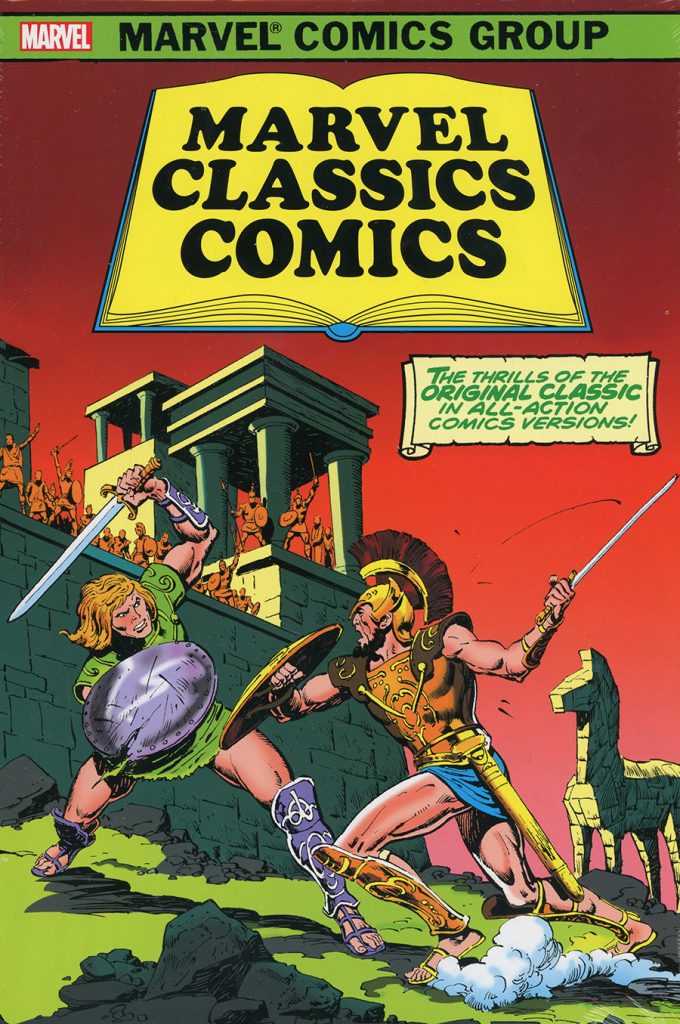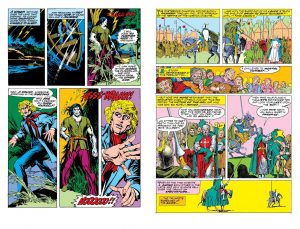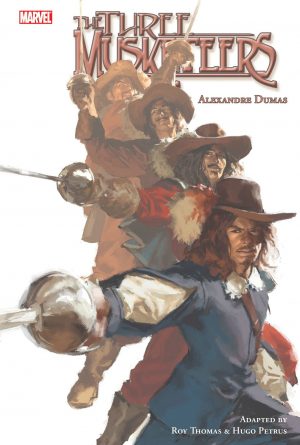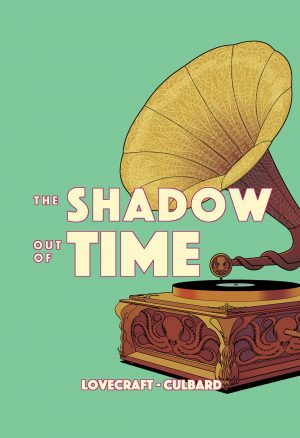Review by Frank Plowright
Classics Illustrated from the 1940s first condensed (some might say crushed) out of copyright novels into comics form, but they ceased publication in 1969. Papercutz subsequently revised the imprint in 2007. Spotting a gap in the market, for three years from 1976 Marvel stepped in.
52 advertised pages included the covers, and Marvel prioritised consistency by imposing an internal page count of 48. It means that longer novels either require more cutting or considerably packed pages, sometimes both, to convey the essence of a story. Doug Moench adapts half the content and becomes very adept at the technique, although is given a free pass for Arabian Nights by only selecting the better known stories from a hefty volume. Moench and Frank Bolle’s Alice in Wonderland is a highlight, and Chris Claremont deserves special credit for The Count of Monte Cristo. With allowances for typesetting, the unabridged novel clocks in at over a thousand pages, yet Claremont’s version preserves the essence, if not all the twists, for a very readable story. Elliot S. Maggin is far more selective when it comes to The Iliad, and his introduction provides his excuses early for an impossible task.
It’s primarily Filipino artists providing the art, although there are exceptions such as a few pages by a young Michael Golden adapting ‘The Cask of Amontillado’ to accompany The Pit and the Pendulum. Some artists put in a lot more effort than others, and that these stories were rush assignments is indicated by several, increasing toward the end of the run, just credited to The Tribe, the Filipino studio. It means for inclusions like White Fang or The Prince and the Pauper, it’s possible to turn from a page of refined elegance to something very basic. Dino Castrillo is the credited artist on more stories than any other, and his stiff figures and unimaginative layouts are accompanied by the occasional piece of inspiration. His Frankenstein is interesting for trying to humanise the monster rather than create a horror. Jess Jodloman only draws two stories, his Ivanhoe classically refined (sample right), and The Odyssey far more ordinary. It’s a rare story, though, that doesn’t feature a nice splash page.
The highbrow view would be that the hacking necessary to reduce novels of several hundred pages to 48 is a crime against literature, but back in the real world how many people have read all 24 novels adapted here? While lacking the nuance and refinements, the essence of all is preserved, and there are some cracking adventures. If only the artistic standards had been higher.
A question that may occur is why this Omnibus only picks up with the thirteenth issue of 36. It’s because Marvel only licensed the rights to the content of the first dozen adaptations, and continued the series from there, commissioning their own stories.
Thanks to Steve Whitaker.





